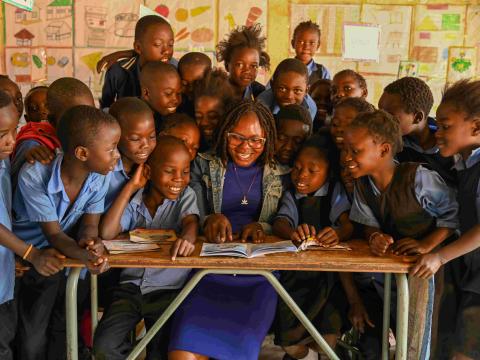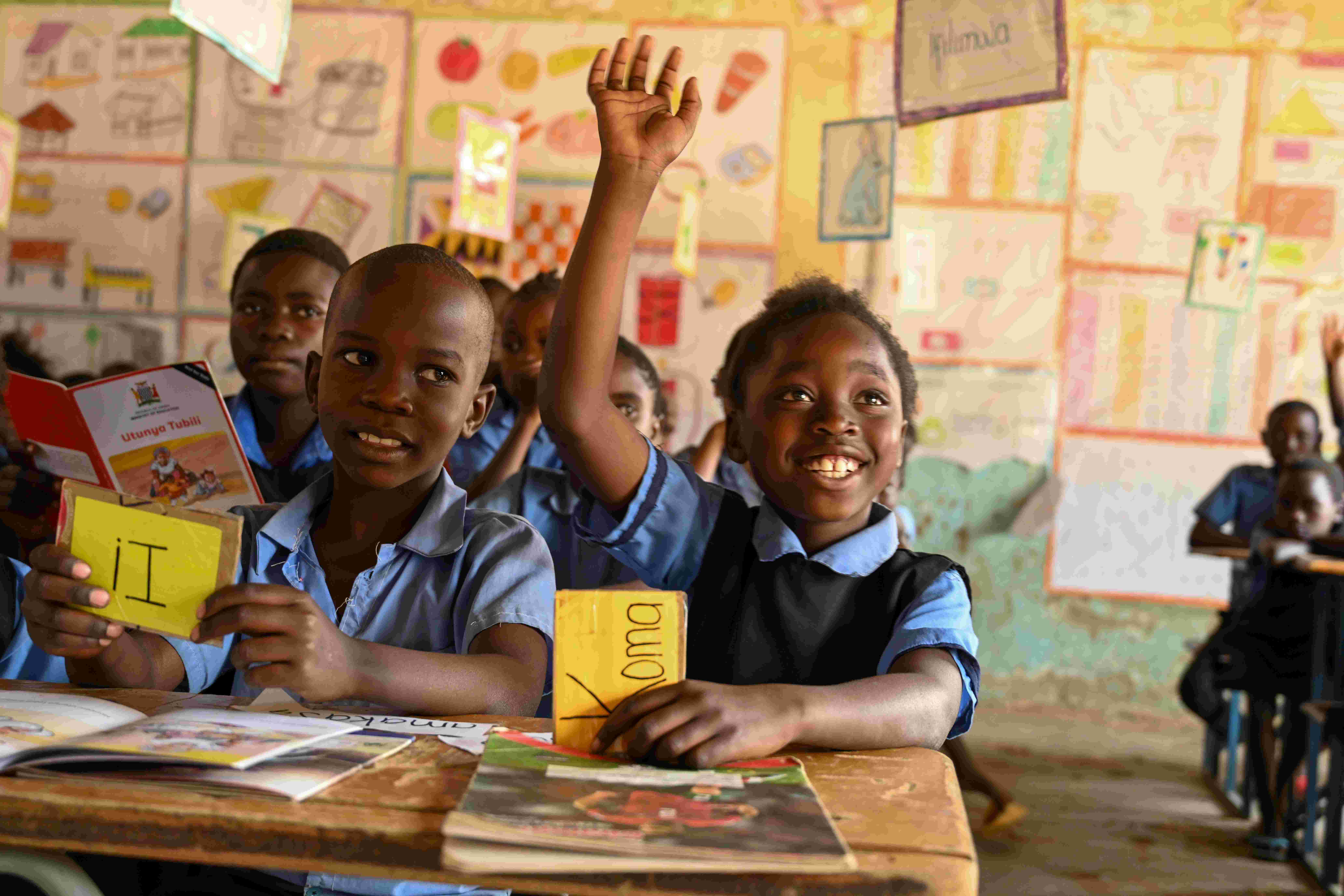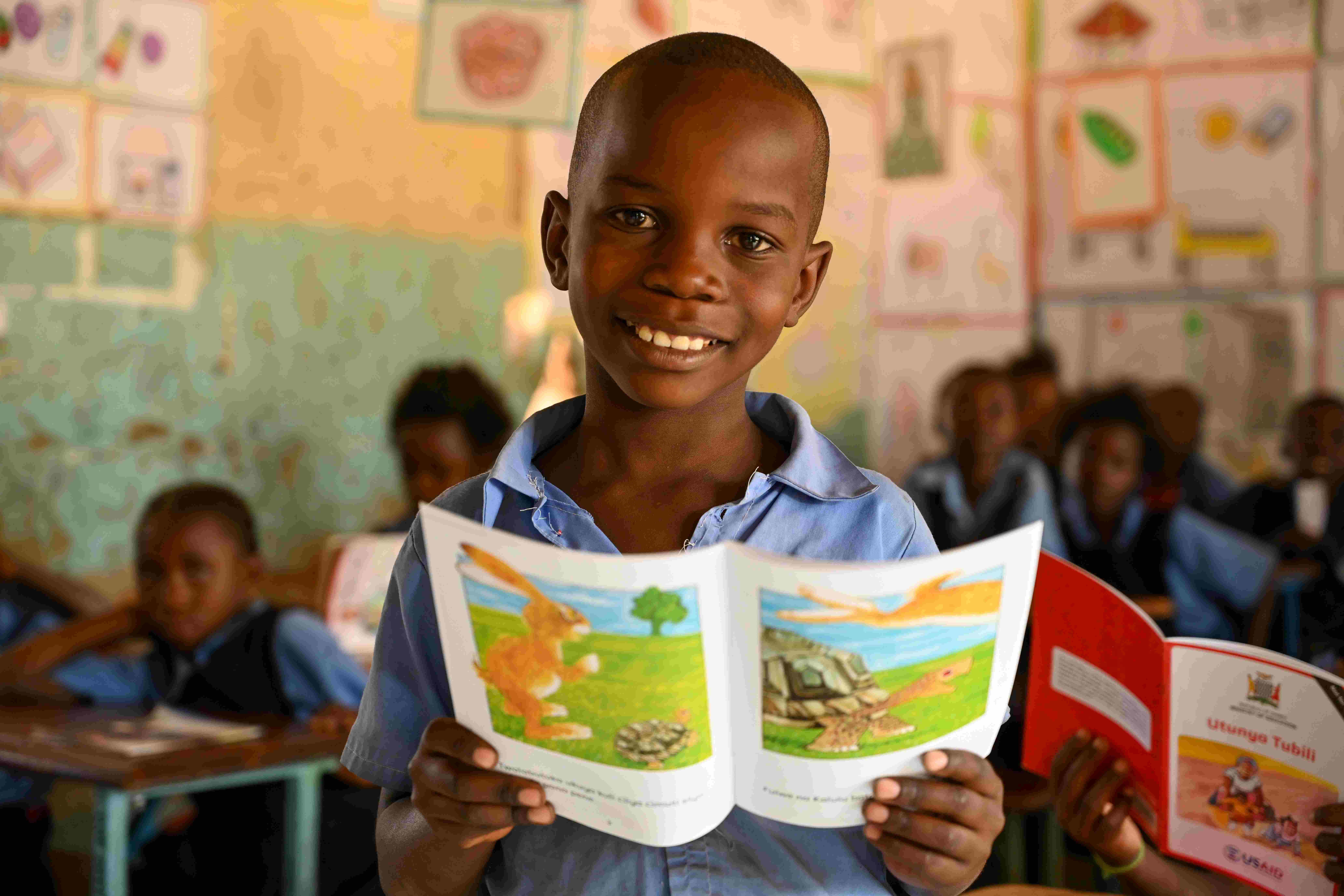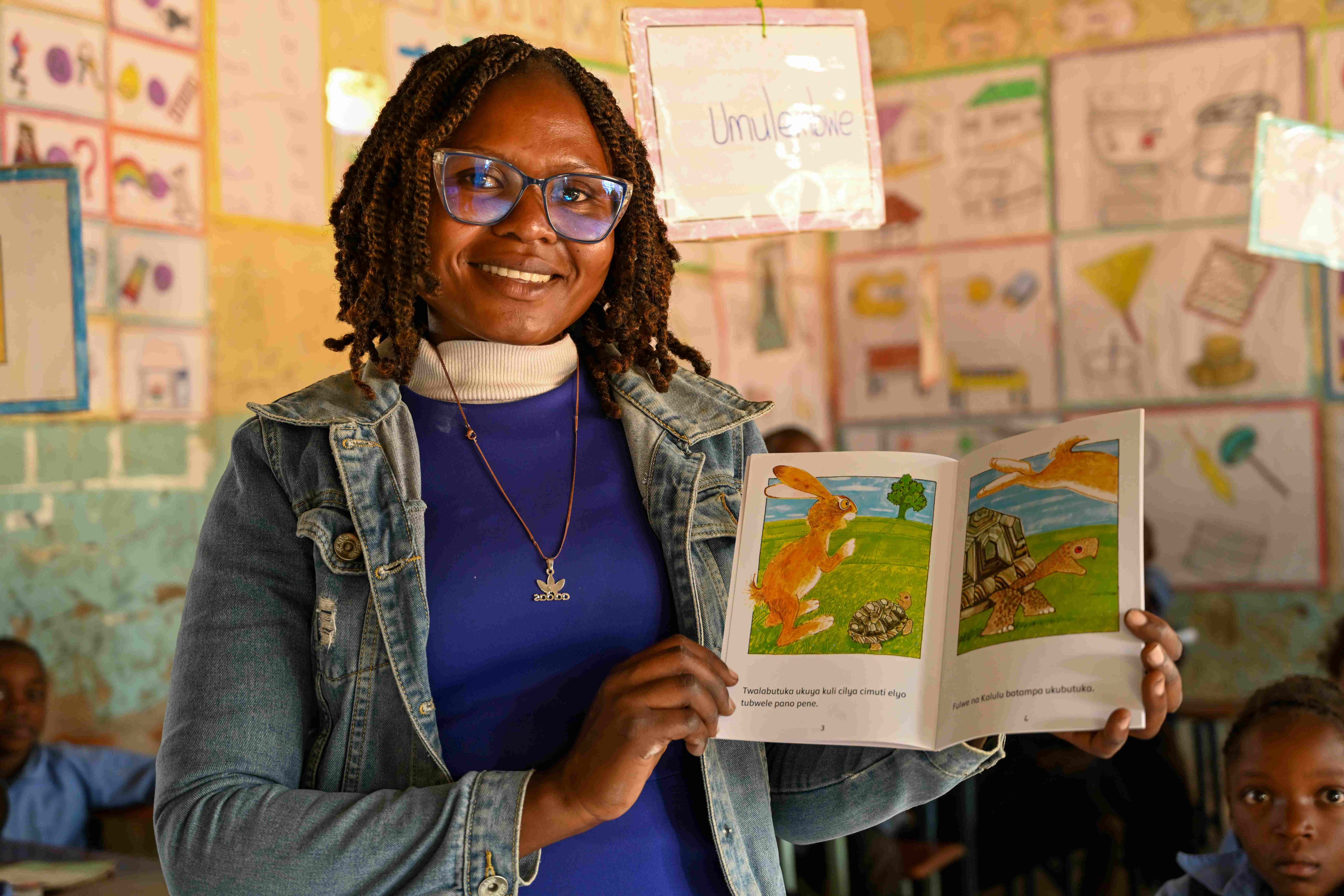Bridging the Literacy Gap: Unlock Literacy Improves Jemimah's Teaching Methods

In many rural schools across Zambia, a significant challenge persists: teachers often struggle to teach literacy in lower grades effectively. Despite the critical importance of developing strong reading and writing skills early on, many classrooms are marked by limited resources, inadequate training, and a focus on rote learning rather than holistic literacy development. As a result, many children enter upper primary school with weak foundational skills, hampering their overall academic progress and confidence.
This problem is compounded by teachers’ lack of exposure to innovative teaching methods that engage young learners and foster a love for reading. Many rely on traditional approaches that focus narrowly on reading aloud and memorisation, neglecting essential skills such as phonemic awareness, vocabulary, and comprehension. Without proper guidance and resources, teachers find it difficult to address these gaps, leaving children behind and affecting their long-term educational outcomes.

However, a transformative change is underway in some parts of Zambia. World Vision Zambia, through its Zambia Reading for Education and Development (ZREAD) programme, is working to improve the delivery of lessons by teachers through teacher education and training. The program’s core innovation, the Unlock Literacy Model, is making a tangible difference in how literacy is taught at the grassroots level.
World Vision’s Unlock Literacy is a targeted approach designed to equip teachers with practical, evidence-based strategies to teach reading effectively. It emphasises the development of five core reading skills: phonemic awareness, phonological awareness, fluency, vocabulary, and comprehension, while integrating listening, speaking, reading, and writing. The model also promotes the use of colourful, print-rich materials and local resources, making literacy lessons more engaging and accessible for young learners. It encourages learning through play, storytelling, and hands-on activities, transforming the classroom into a vibrant environment that fosters curiosity and confidence.

One teacher who has benefited from this approach is Jemimah Namumba, a 32-year-old Grade Two teacher in Isoka district. Since being trained in 2021, Jemimah has seen a remarkable transformation in her teaching and her students’ learning.
“Before the training, my focus was mainly on reading, and I didn’t know the other five essential teaching skills,” she explains. “The program has helped me address gaps in my teaching, making my lessons more comprehensive and effective.”

Jemimah’s experience reflects the broader impact of Unlock Literacy, improving both teaching quality and student outcomes.
Her pupils, Salome (8) and Isoni (7), now enjoy learning through fun activities and colourful materials, which have boosted their confidence and interest in reading.
“Learning is now exciting, every day I look forward to coming to school because I know I am going to play while learning with my teacher,” says Salome.
“They are more interested in reading, and they enjoy activities that involve storytelling and games,” she says.
Ms. Jemimah has seen the performance of her students improve since the implementation of new teaching methods.
“Children are now eager to learn, and the number has even doubled since they came to play as we learn. This has also led to a lot of children learning how to read and write.
The success of the Unlock Literacy Model demonstrates that with the right training, resources, and innovative teaching strategies, the challenge of ineffective literacy instruction can be overcome.
It is a vital step toward ensuring every child in Zambia develops the essential literacy skills needed to excel in school.